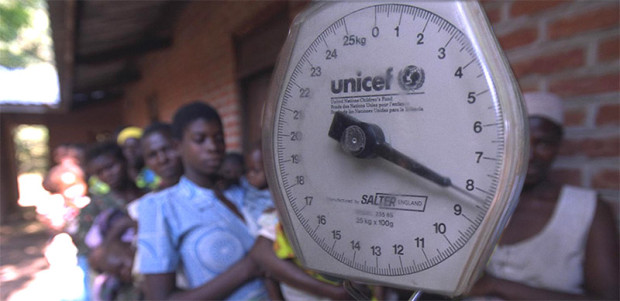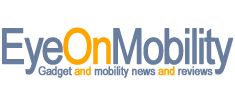 UNICEF and ARM last May unveiled the Wearables for Good design challenge to come up with wearable solutions that would offer “a cost-effective, efficient, and sustainable solution to pressing maternal, newborn or child health problems.” Ten finalists were announced today from some 250 submissions received from 46 countries, covering six continents.
UNICEF and ARM last May unveiled the Wearables for Good design challenge to come up with wearable solutions that would offer “a cost-effective, efficient, and sustainable solution to pressing maternal, newborn or child health problems.” Ten finalists were announced today from some 250 submissions received from 46 countries, covering six continents.
Among the ideas that made the list of finalists are a wrist-worn wearable water purification device, a bracelet that monitors and analyzes a child’s temperature in real-time and a sensor-based neonatal health surveillance tool.
Over the next few months, the finalists work to transform their concepts into working prototypes. The teams will all receive coaching from a number of experts within the field to help complete their prototypes.
Erica Kochi, co-lead and co-founder of UNICEF Innovation said: “The ideas from the 10 finalists demonstrate how wearable technology can be applied in resource-constrained environments, creating viable business opportunities for the technology sector in developing markets.”
The ten finalists are:
- CommunicAID, U.S: a bracelet that tracks medication treatment
- Droplet, U.S: a wrist-worn wearable water purification device
- Guard Band, Vietnam: a wristband that helps protect children from abuse
- Khushi Baby, India and U.S: a necklace-type wearable to track child immunization in the first two years of life
- Raksh, India: a device worn in the ear to track a child’s respiration rate, heart rate, body temperature and relative breath humidity designed by a team of university students
- Soapen, India and U.S.: an interactive crayon-like device that encourages hand washing among young children
- Telescrypts, East Africa and U.S: a wearable device to take patients’ vitals and send the data to health care workers
- TermoTell, Nigeria and U.S: a bracelet used to monitor and analyze a child’s temperature in real-time in order to save the lives of children at risk of malaria
- Totem Open Health Patch, Netherlands: a small sensor-based device that is part of a wider Totem Open Health system for wearable health technology
- WAAA! U.K.: A sensor-based neonatal health surveillance tool.
Completed projects will be submitted in October and two winners, selected by UNICEF and its partners, ARM and frog, will be chosen in November. Each will win a prize of US$15,000 along with incubation and mentoring from UNICEF, ARM and frog.
Source : Wearables for Good
